AI in Game Development: How AI Helps Indie Game Devs Thrive
Indie game development often demands doing more with less, a challenge AI is uniquely positioned to address. AI in game development is no longer a futuristic concept; it is a practical set of tools empowering small teams to achieve professional-grade results. Leveraging AI can significantly accelerate production, reduce costs, and enhance creative output, allowing indie studios to compete effectively.
Why AI is a Game-Changer for Indie Devs
Independent developers face constraints in time, budget, and personnel. AI tools offer a multiplier effect, allowing a single developer or a small team to handle tasks that traditionally required larger resources. This shift is about smart resource allocation, not replacing human creativity, but augmenting it.
AI Tools for Game Concept Art
Generating compelling concept art quickly is crucial for visualizing game ideas and pitching concepts. AI tools can produce diverse visual styles and iterations in minutes, accelerating the ideation phase. Instead of spending days on initial sketches, AI for game concept creation allows rapid exploration of character designs, environments, and UI elements. Wayline’s Canvas is an excellent example, enabling developers to generate concept art with AI, iterating on ideas without extensive artistic skill or time investment.
AI-Powered Music and Sound Design
High-quality audio can elevate a game’s immersion but often comes with significant costs for indie teams. AI music for games allows developers to generate original, royalty-free soundtracks and sound effects tailored to their project’s mood and style. This capability democratizes access to professional audio assets, ensuring your game sounds as good as it looks. Tools like Wayline’s Symphony compose original, royalty-free game music, providing a vast library of sounds and scores without licensing headaches.
Streamlining Game Asset Creation with AI
Creating 2D and 3D assets is a time-consuming aspect of game development. AI for game asset creation can generate textures, materials, and even basic 3D models from simple prompts or reference images. This significantly speeds up the production pipeline for environments, props, and character variations. While AI won’t replace skilled artists entirely, it provides powerful assistance for generating base assets or filling in gaps, complementing asset libraries like Wayline’s Strafekit.
Integrating AI into Your Game Dev Workflow: An AI in Game Development Tutorial
Implementing AI effectively requires a structured approach. Start by identifying specific pain points in your current workflow where AI can offer a clear advantage, such as repetitive tasks or areas requiring rapid prototyping. Then, integrate AI tools incrementally, testing their output and refining your prompts to achieve desired results. Maintain a clear development roadmap with a task tracker like Wayline’s Momentum to manage AI-generated assets and content, ensuring they align with your overall game vision.
AI-Powered Game Content Generation
Beyond art and audio, AI game content generation extends to narrative elements, dialogue, and even level design. AI can assist in brainstorming plot points, generating character backstories, or creating procedural level layouts. This can provide endless inspiration and a solid foundation for more complex narrative structures. Tools like Wayline’s Copilot offer AI-powered guidance for game design, helping to flesh out mechanics and narratives.
Common Pitfalls and How to Avoid Them
Over-reliance on AI can lead to generic output and a loss of unique artistic voice. Always use AI as a co-pilot, not a replacement for your creative vision, ensuring that every AI-generated element is reviewed and refined by a human. Another pitfall is neglecting quality control; AI can produce inconsistencies or artifacts that need manual correction. Understanding the capabilities and limitations of different game engines is also crucial; for guidance on foundational choices, consider articles like ‘Unity vs. Unreal vs. Godot: Choosing Your Engine in 2025’ on the Wayline blog. Finally, be mindful of ethical considerations and potential biases in AI-generated content, ensuring your game remains inclusive and original.
Conclusion
AI in game development offers indie studios unprecedented opportunities to thrive. By strategically adopting best AI tools for game creation, from concept art to music and asset generation, developers can overcome traditional barriers. Embrace AI to streamline your processes, enhance your creative output, and ultimately ship better games faster. Start experimenting with AI tools today and discover how AI helps indie game dev teams reach their full potential, maintaining the momentum of your projects from concept to release.


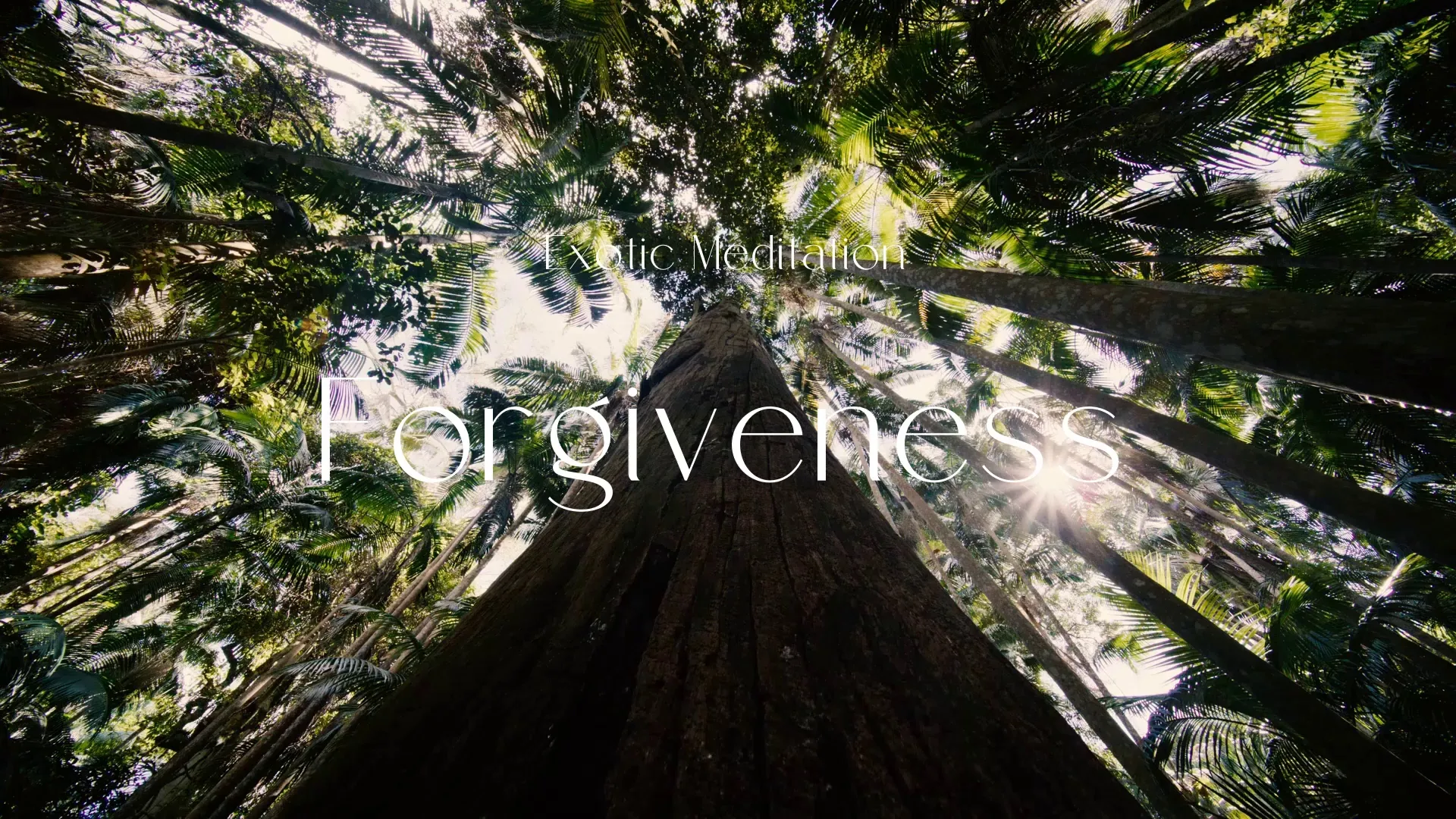
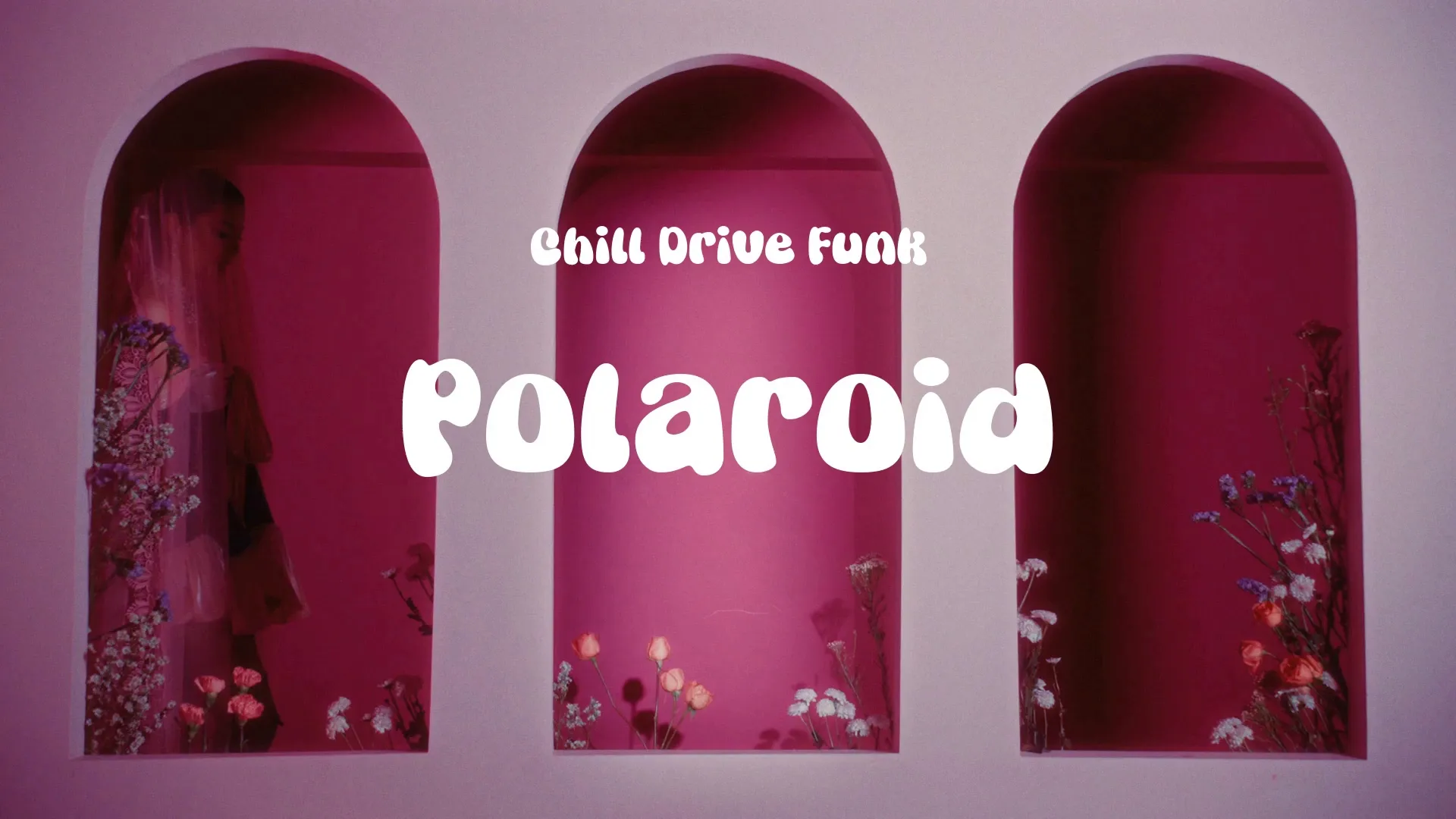


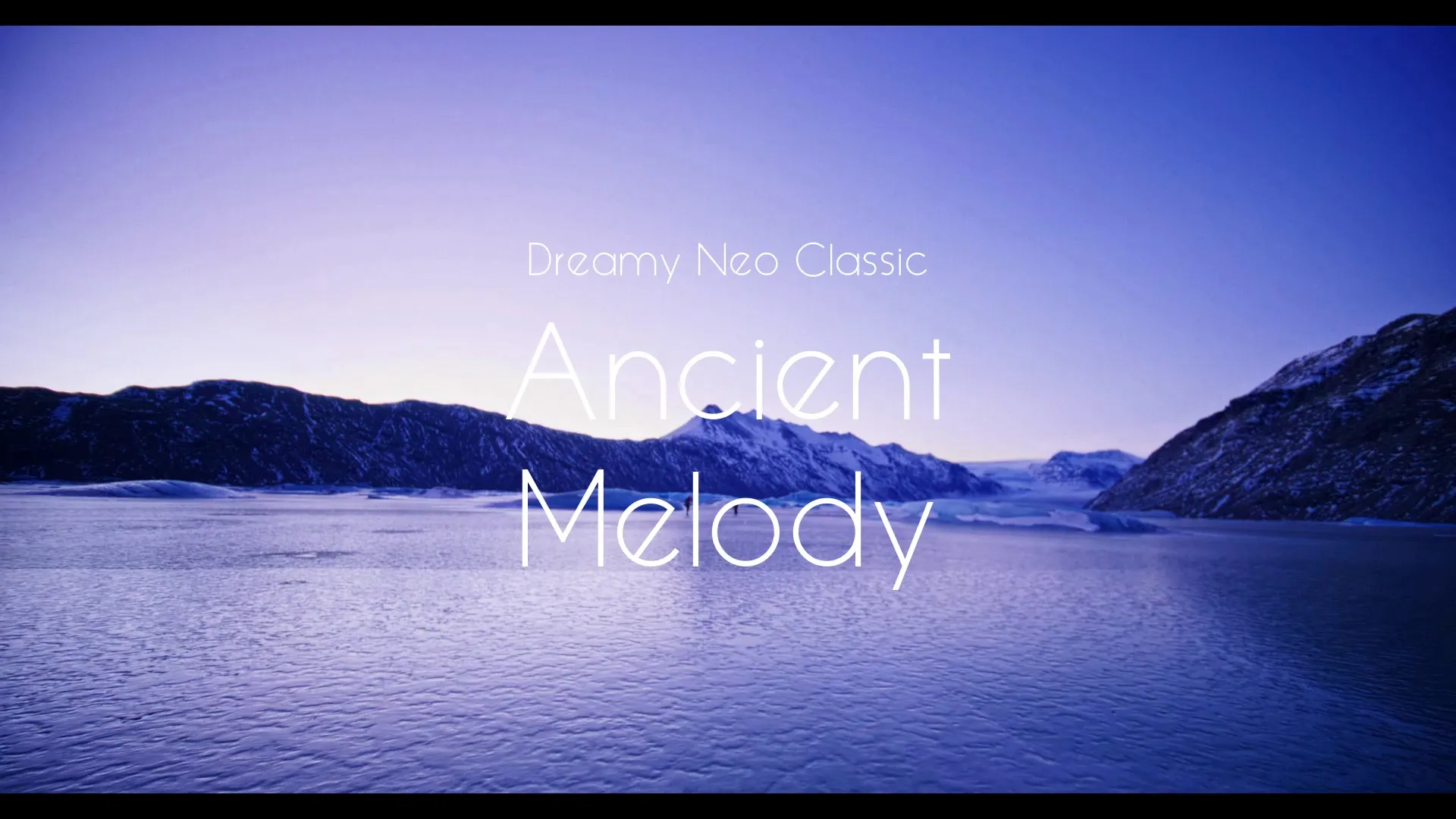
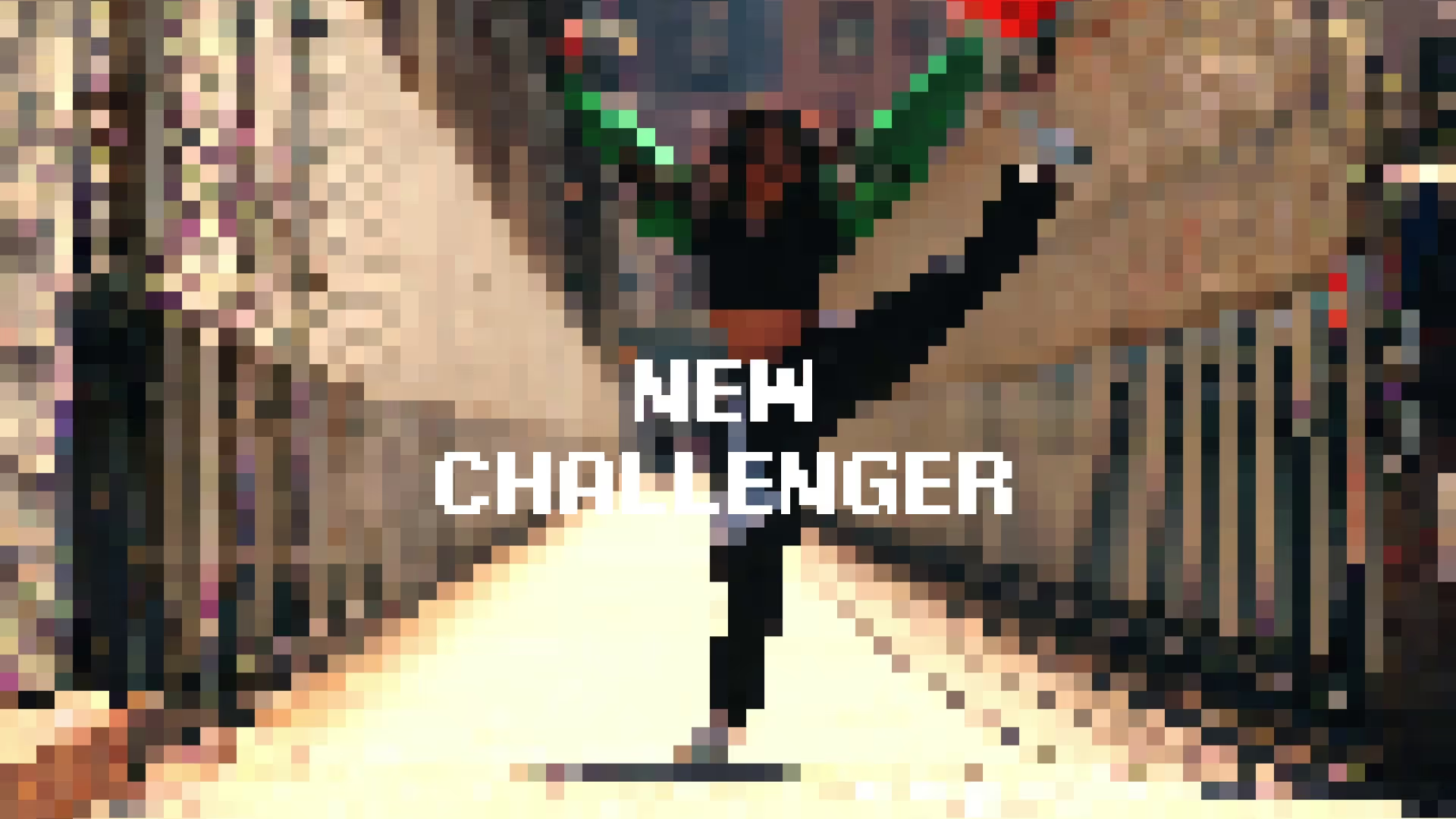


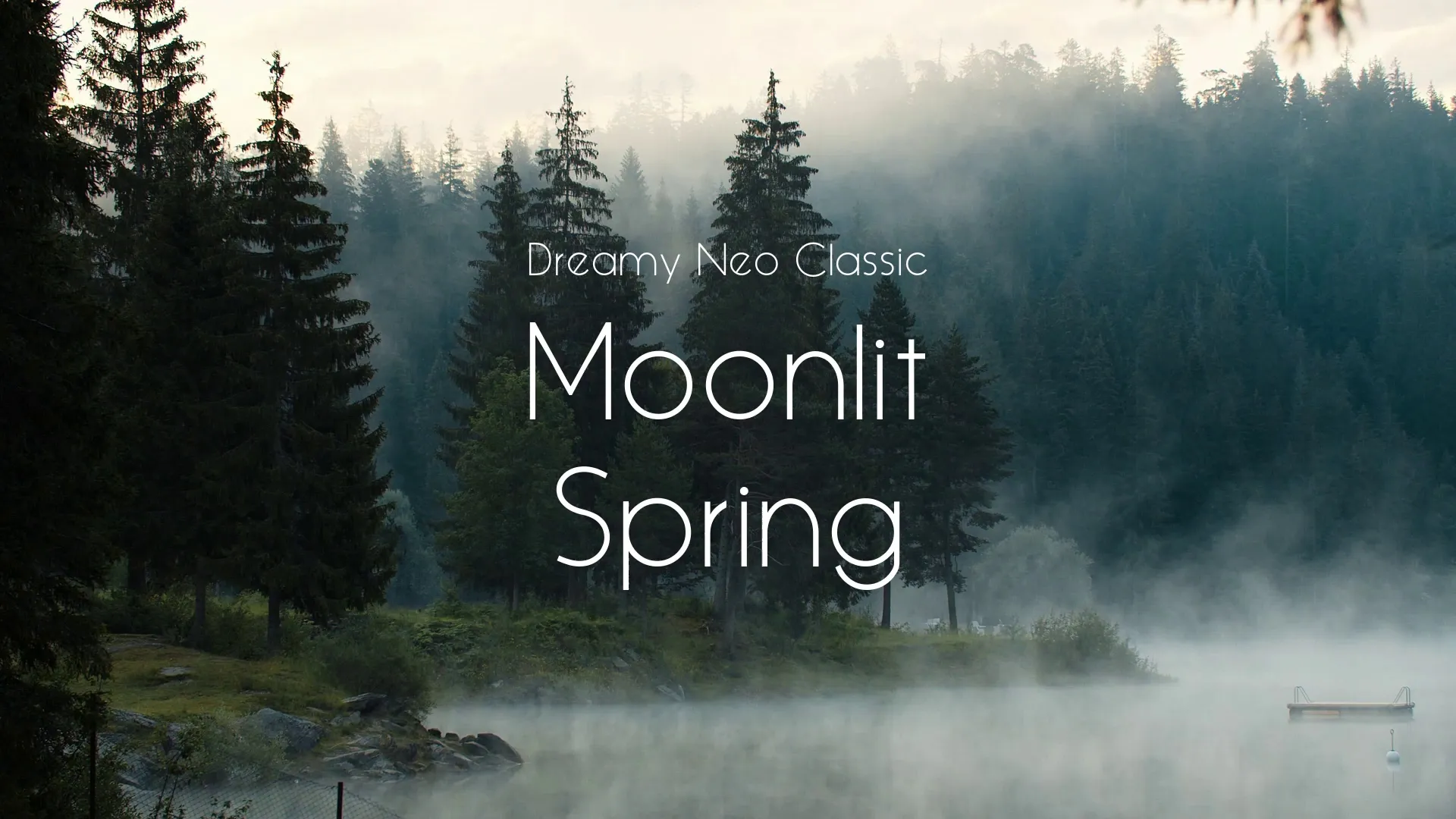
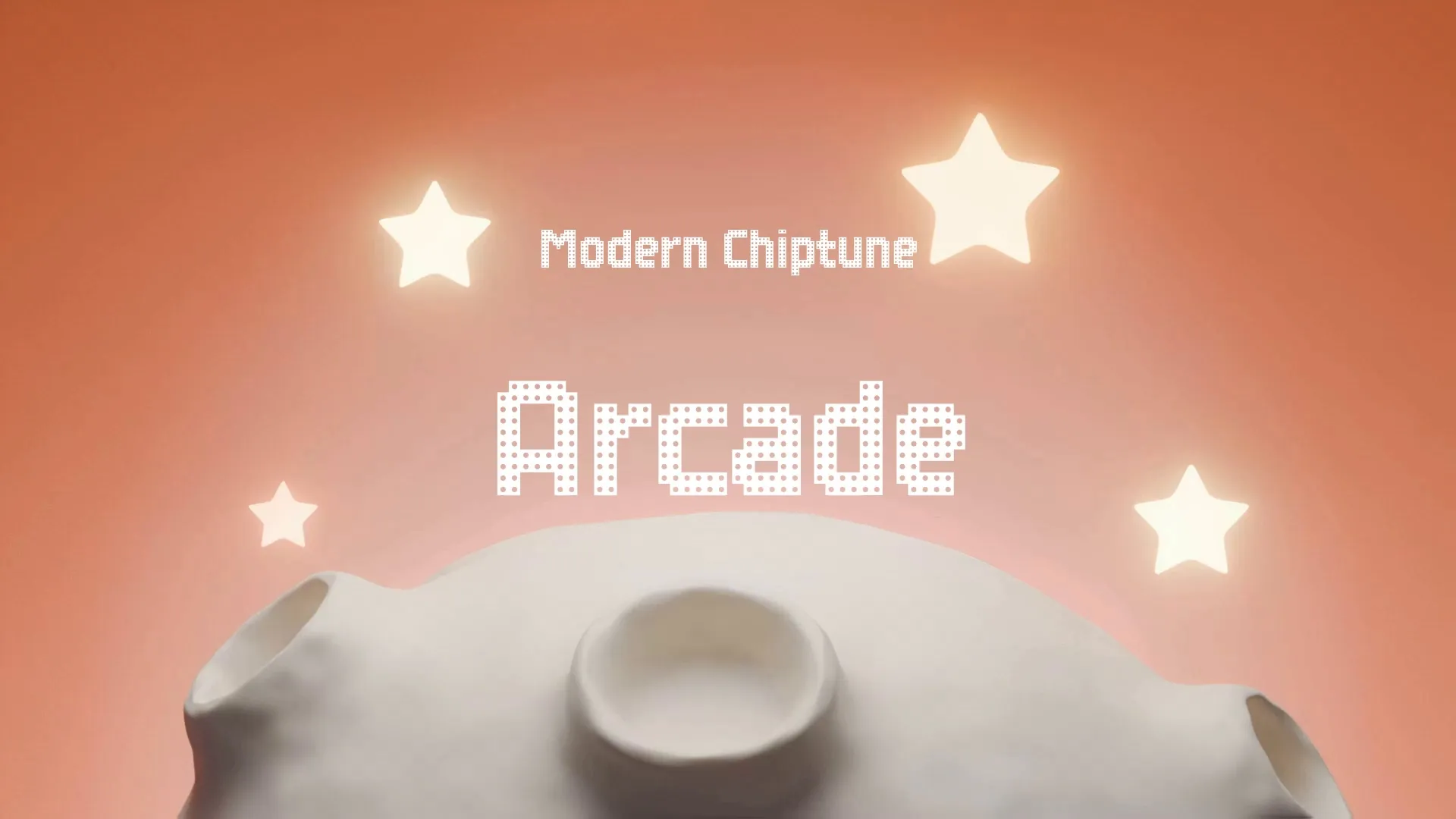

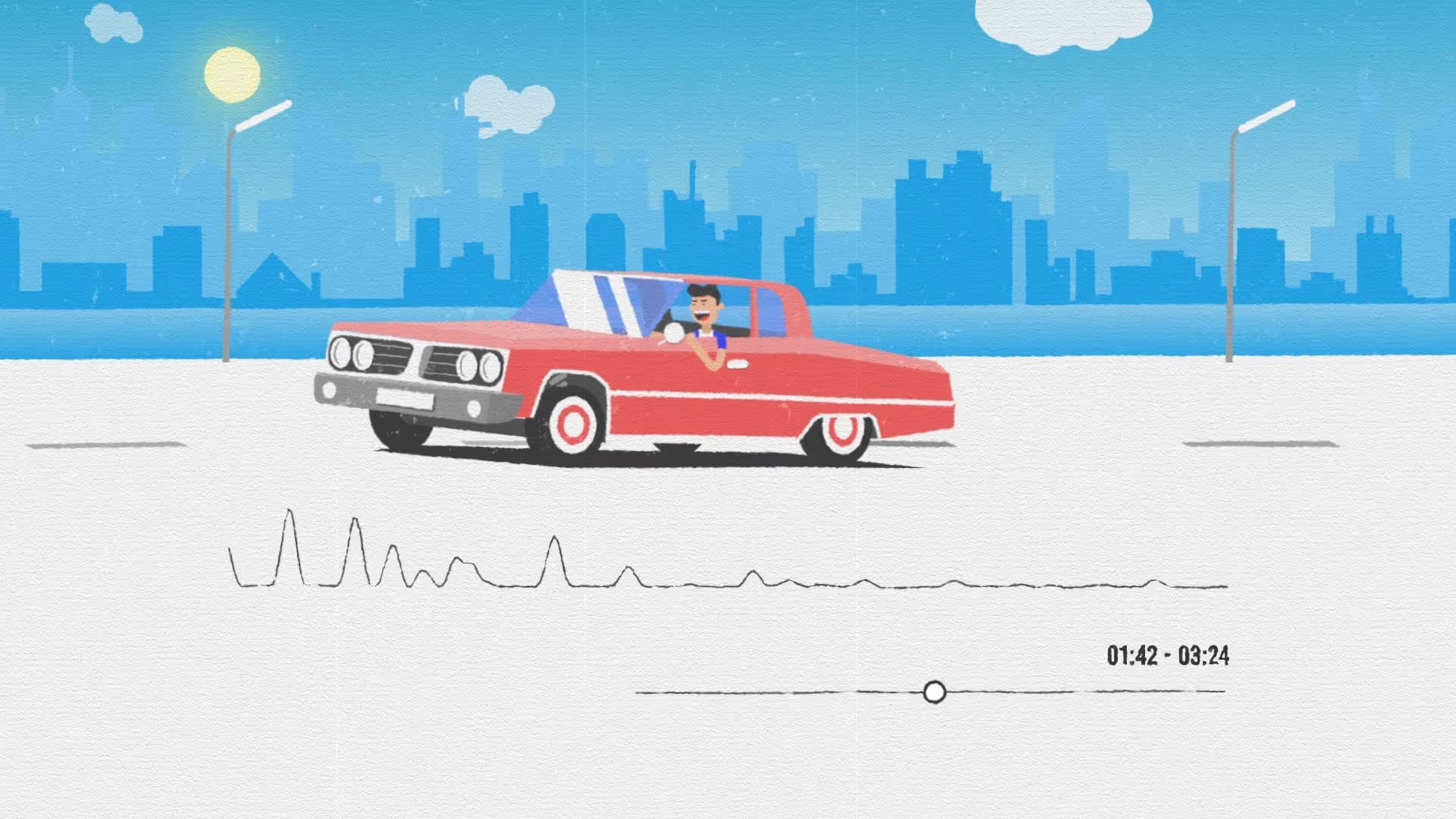
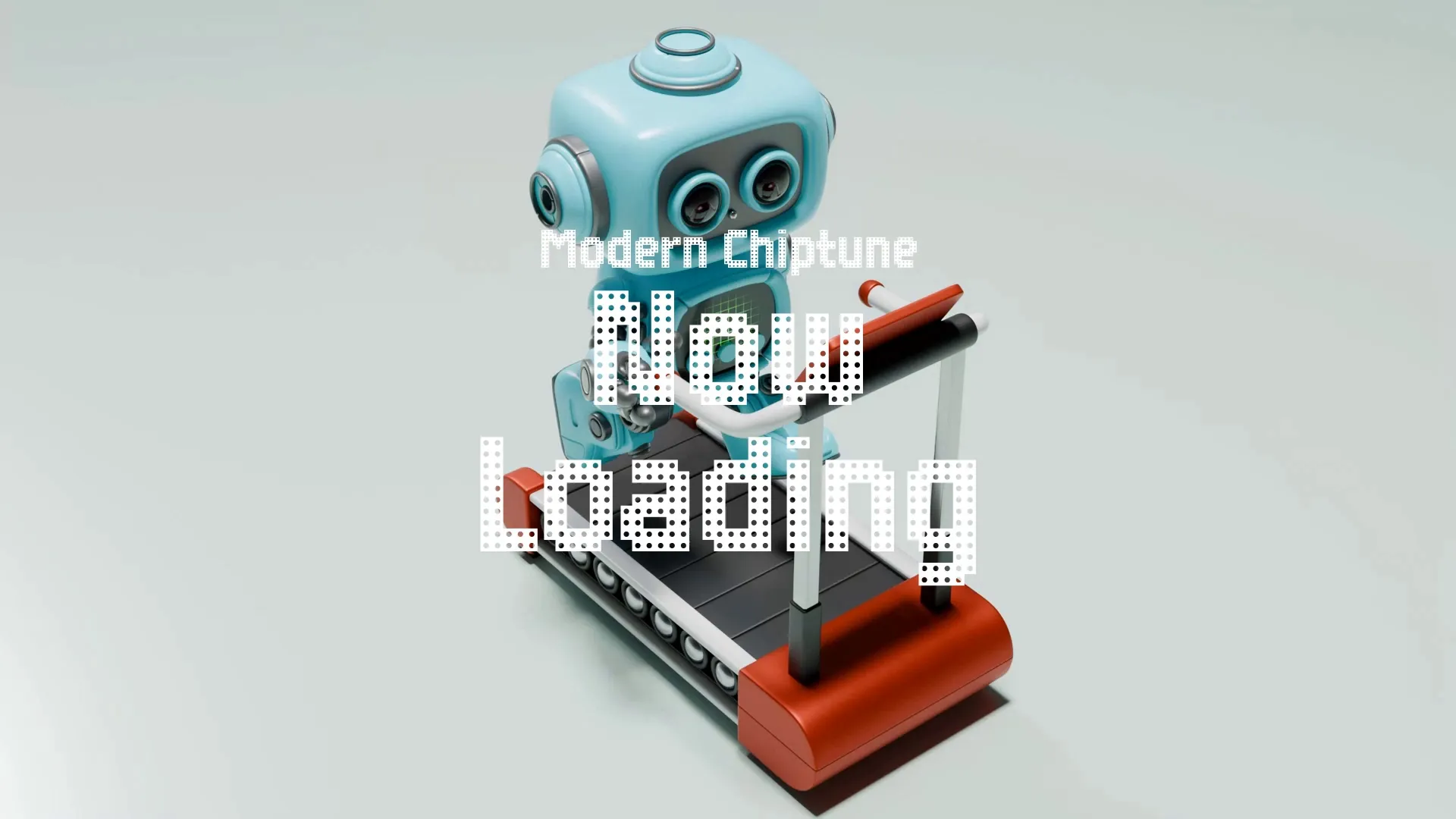

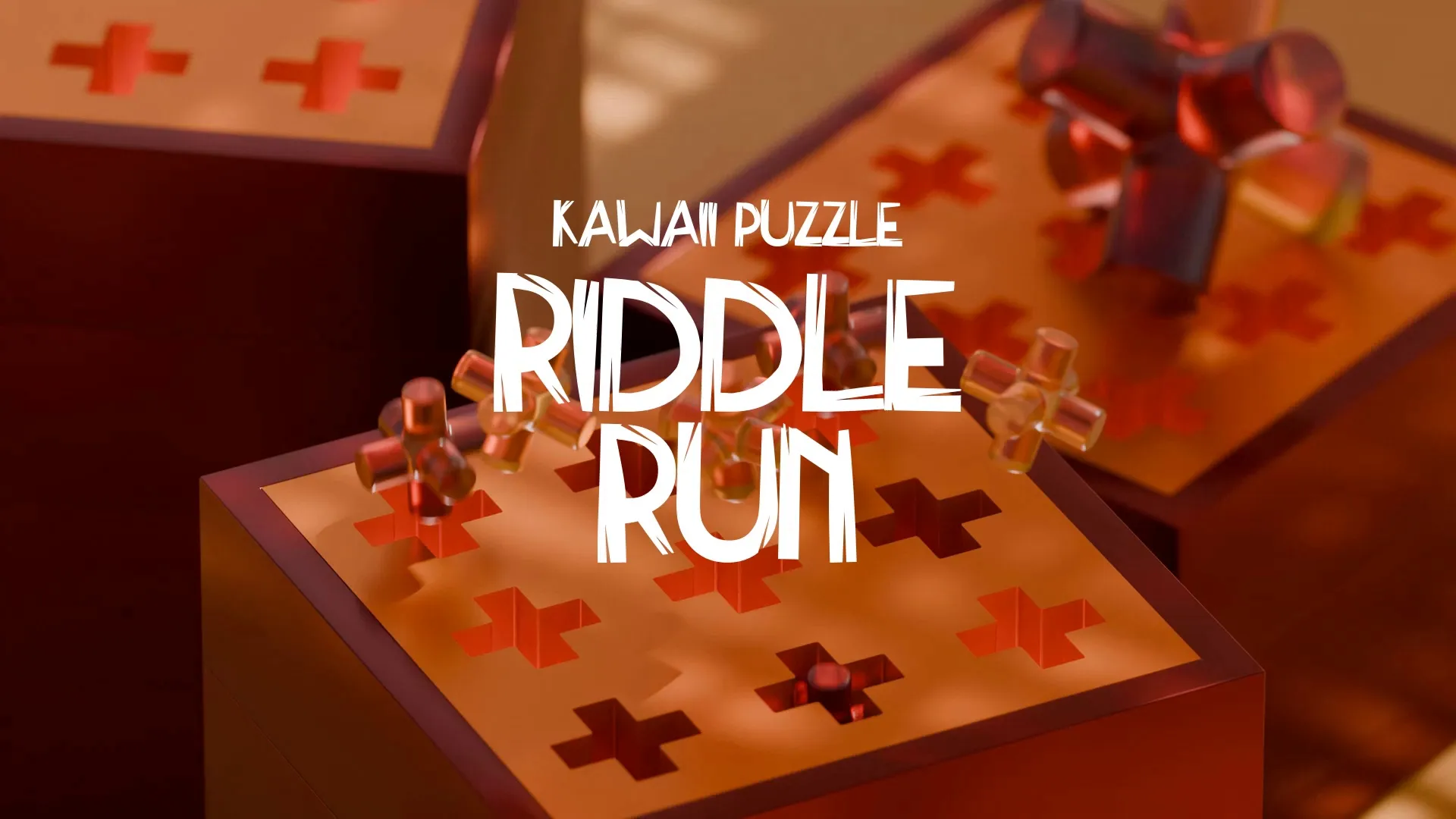
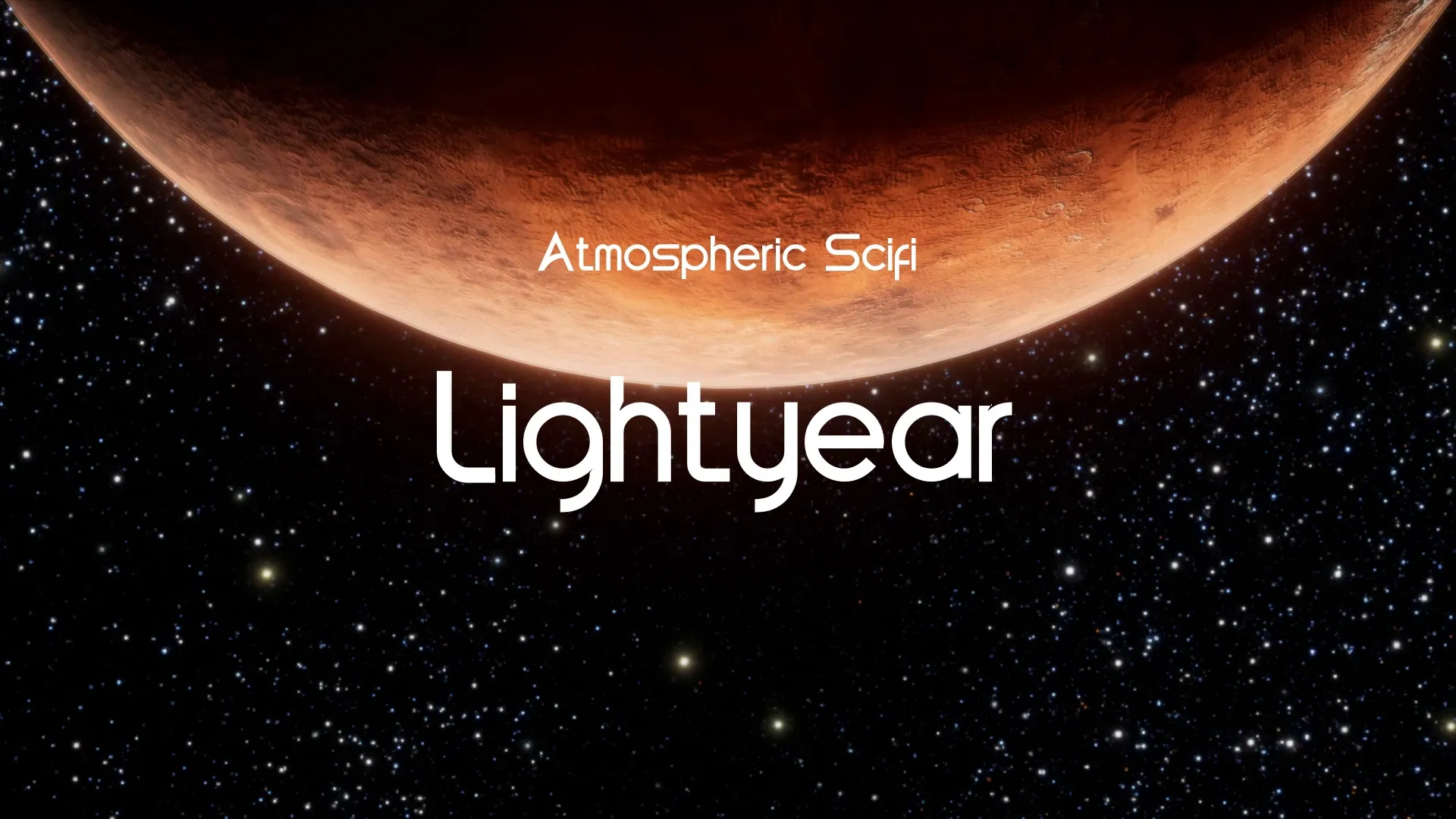



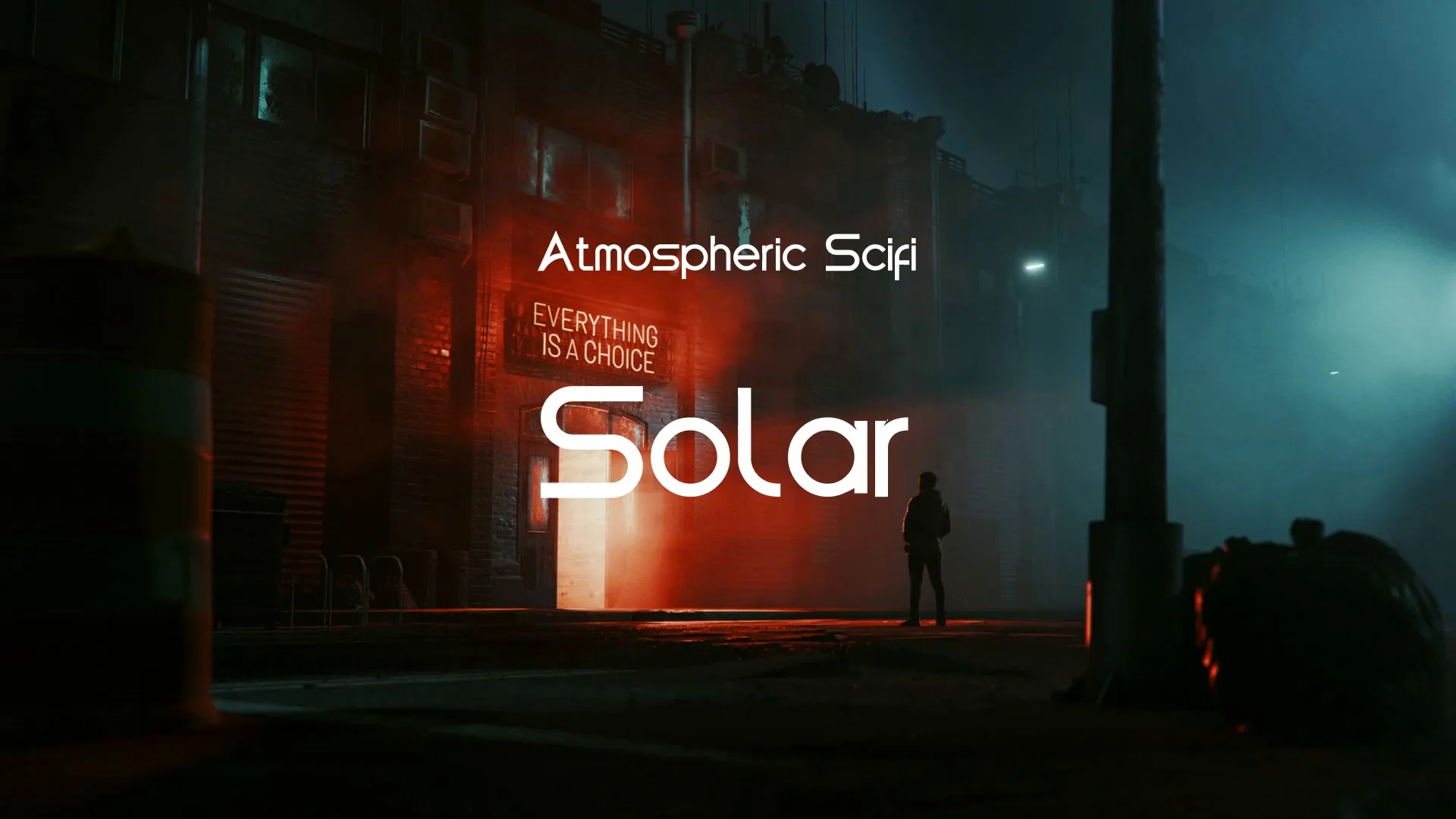
.webp)
